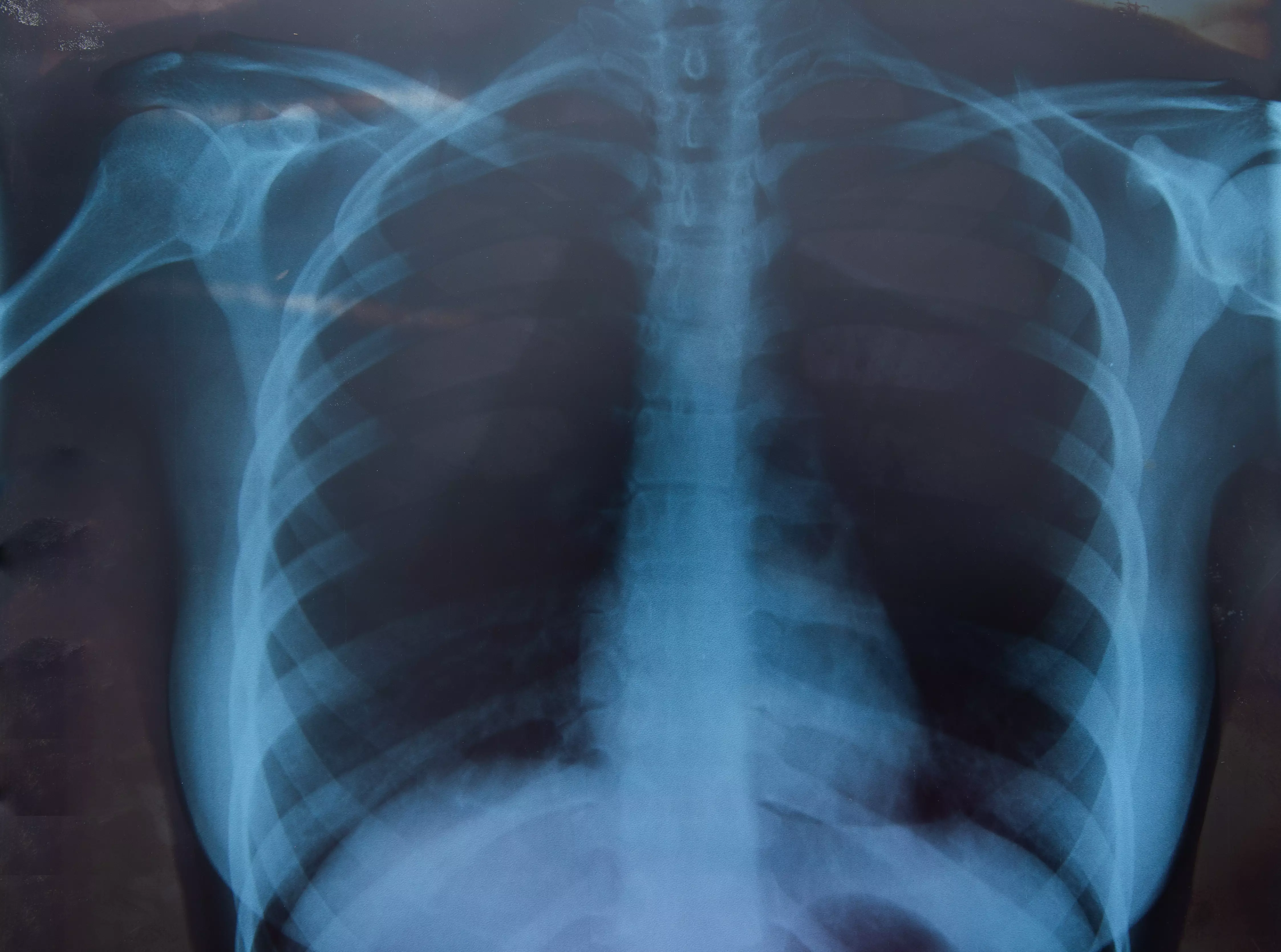What tests should people who work in hazardous conditions for the lungs do?
What tests should people who work in hazardous conditions for their lungs do?
Working in hazardous conditions can be risky for a person's health, especially for the respiratory system. That's why people working in such conditions should regularly undergo the appropriate tests to help detect possible problems early. Here are some tests to consider if you work in hazardous conditions for your lungs.
Spirometric examination
One of the most important tests for those working in hazardous conditions is the spirometry test. It involves measuring lung capacity and airflow rate. With this test, possible changes in respiratory function can be detected early, which can indicate the presence of lung diseases. This examination should be carried out both before starting work in hazardous conditions and regularly during the course of work.
Chest X-ray examination
Another important examination that should be performed by people working in hazardous lung conditions is a chest X-ray. It allows early detection of structural changes in the lungs, such as thickening, scarring or tumors. Therefore, this examination should be performed regularly, especially if there is an increased risk of lung disease.
Dust examination
People who work in hazardous conditions are often exposed to inhaled dust, which can lead to lung damage. Therefore, consider a dust test, which involves analyzing air samples taken from the workplace. This allows you to assess the type and concentration of dusts to which the employee is exposed. Based on the results of the test, appropriate protective measures can be taken and any changes in the work environment can be monitored.
Blood laboratory tests
To assess the overall health of the lungs, it is also worthwhile to perform blood laboratory tests. A blood test can provide information about possible inflammation or infections that may be affecting the functioning of the respiratory system. In addition, a blood test can reveal the presence of toxic substances or heavy metals that can be harmful to the lungs. If abnormalities are detected, it is necessary to consult a specialist.
Visit to a specialist
Do not forget to regularly visit a specialist who is specialized in respiratory diseases. Such a doctor will be able to evaluate the results of tests and give appropriate instructions for further treatment. In addition, the doctor may also recommend additional tests that may be relevant to your particular case.
It is important for people who work in hazardous conditions for the lungs to consciously take care of their health. Performing appropriate examinations on a regular basis will allow potential problems to be detected early and appropriate protective measures to be taken. Remember that health is the most important thing, so do not ignore any symptoms or test results. Preventive action is the key to maintaining respiratory health.
In conclusion, people who work in hazardous conditions for the lungs should consult a doctor for a specific testing plan. First and foremost, spirometry, chest X-ray, dust and blood laboratory tests should be performed regularly. And don't forget to visit a specialist to help interpret the results and make a possible diagnosis. Ensuring proper medical care is a key element in preventing lung disease.

Add comment